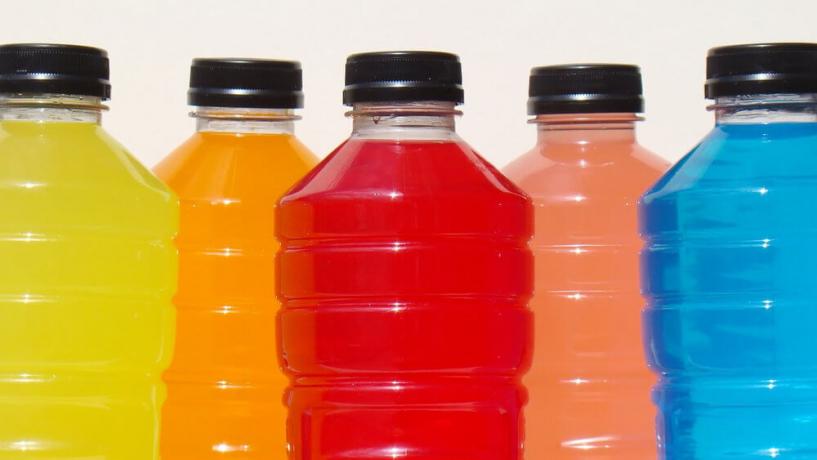
Food Standards Australia New Zealand has requested submissions regarding a proposal to change the current food labelling code
and expand the range of claims that can be put forth about supplementary sports foods and drinks.
The changes have been proposed in response to an article written by ‘FoodLegal’ lawyer Charles Fisher, who identified serious anomalies within the current code that limit the allowance for health claims regarding electrolyte drinks. FSANZ hope to change the code to allow the products to carry a broader range of health claims related to their purpose.
Presently, the food standards safety code defines an electrolyte drink as; a drink which is suitable for the rapid replacement of carbohydrates, electrolytes, fluids and minerals. A supplementary sports food is defined as; a food formulated to assist active individuals in achieving performance and nutritional goals. As such, the legal definitions of the products require them to have an effect on the consumer’s body or performance.
The article by Mr. Fisher questioned whether these products should be allowed to make claims on the beneficial effect they may have on the human body, which led to calls for a new standard. He suggested that any claim that may imply that a product caused a biochemical outcome within the body or affected performance could now constitute a ‘health claim’ under standard 1.2.7.
Unless a health claim has been listed within standard 1.2.7, a systematic review regarding the scientific literature must be made, which could result in significant cost. Even the term ‘rehydration’ in reference to electrolyte and sports drinks could be regarded as a health claim, leading to serious implications for the industry.
Could the Proposal be Insufficient in Addressing Numerous Issues?
According to Mr. Fisher, the latest proposal, known as P1030, may be effective in addressing a serious inconsistency and regulatory burden on two particular types of products, however this may not be enough. Amending the food safety standards code on this level alone would not fully address all of the numerous relevant issues throughout different food and beverage categories that are currently being disregarded.
Mr. Fisher suggested that products such as energy drinks currently struggle with the same issue as electrolyte beverages, as they are defined as being created for the purpose of enhancing and improving mental performance.
He said that, if a similar proposal to P1030 is not considered by FSANZ in an effort to manage common ‘energy drink’ claims, it will mean that every supplier of these beverages throughout Australia will have to conduct an expensive, systematic review. The review would have to substantiate claims regarding B vitamins, caffeine, taurine, and other products in relation to their ability to enhance mental performance.





